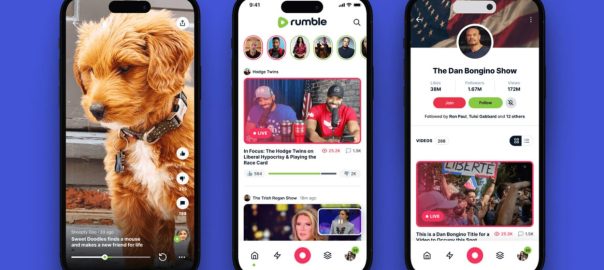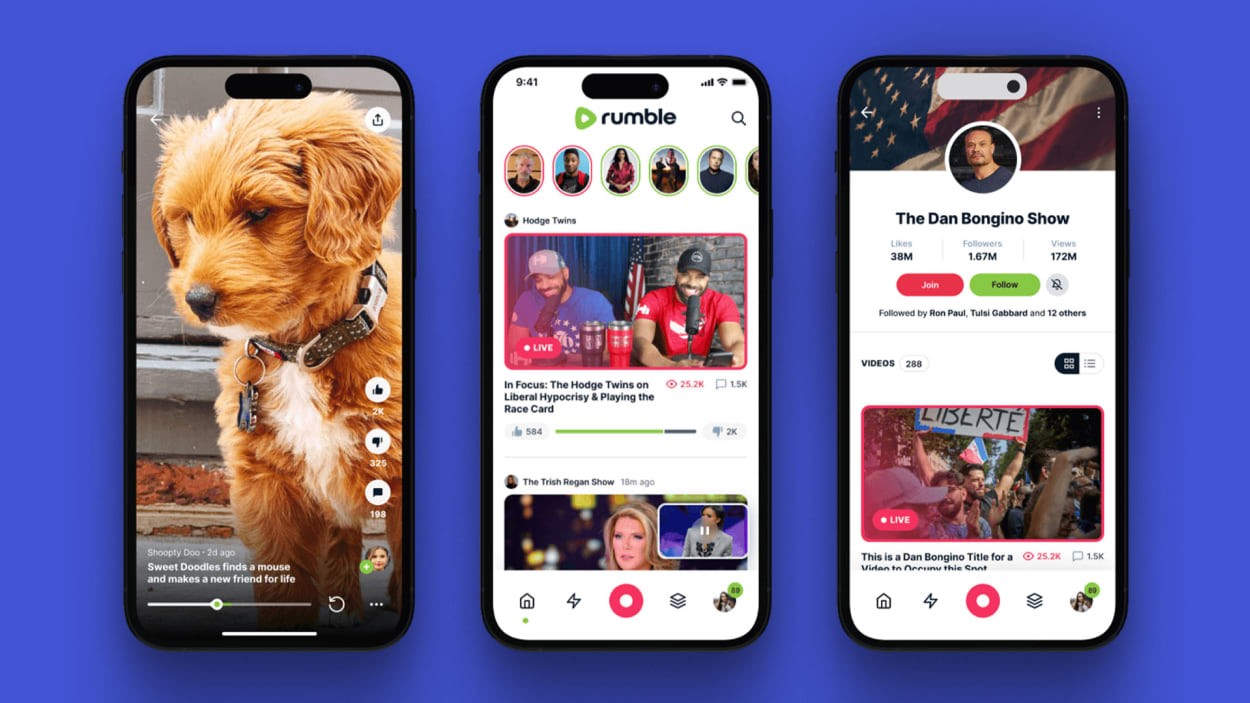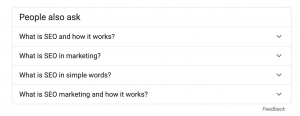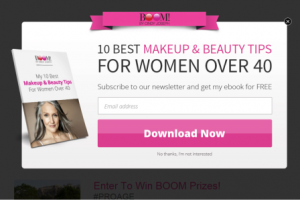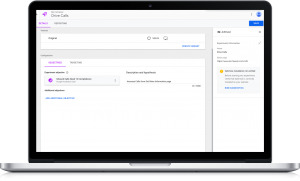By Clint Rainey
Video-streaming platform Rumble is famously the site that Russell Brand fled to after being demonetized by YouTube in the wake of accusations of sexual harassment. It’s meanwhile been profiled by the New York Times as “the right’s go-to video site.”
And last year, when Pew Research released a massive dive into alt social media, it listed off some “affiliated prominent accounts” that had broken through. Among Rumble’s prominent accounts were Rudy Giuliani and Donald Trump Jr., who’d just signed a seven-figure deal for his exclusive Rumble podcast, along with conservative entities like the Heritage Foundation and PragerU.
This might make new assertions by Rumble CEO Chris Pavlovski surprising: According to him, 21.8% of Rumble users identify as Republican, while 28.9% describe themselves as independent, and 35.5% say they’re Democrats.
Rumble was launched by Pavlovksi, a Canadian entrepreneur, in 2013 as a YouTube alternative for small content creators. Claiming that it is “immune to cancel culture,” Rumble argues that it endeavors to “restore the internet to its roots by making it free and open once again.”
Pavlovksi takes umbrage when critics call the Rumble platform a haven for far-right content creators. But as conservatives accused Silicon Valley of censorship, Rumble also began to reposition itself as part of a “major play against Big Tech.” Since 2021, it has counted conservative billionaire Peter Thiel and Republican Senator J.D. Vance of Ohio as large backers. Former Fox News presenter Dan Bongino is one, too.
Rumble also provides video-hosting services for Donald Trump’s Truth Social, and it recently added Elon Musk pal David Sacks as a board member, after acquiring Sacks’s podcasting startup Callin and Locals, another subscription-based video app that Sacks had backed.
Rumbling along in the markets
Rumble was valued at over $2 billion after it went public in September 2022 via a SPAC merger. In recent months, though, the company has struggled, with growth flatlining and big-name creators failing to get traction. A Rolling Stone report last January noted that conservative commentator Dinesh D’Souza, among Rumble’s earliest converts, was now routinely drawing view counts in the low hundreds. Shares of Rumble Inc. are down roughly 20% since the beginning of the year, although they are up 6% on Wednesday after some positive earnings news.
This may all have helped to prompt Pavlovski to tweet those stats this week—which come from media analytics firm Comscore, and which Rumble confirmed to Fast Company—to push back against what he sees as the false media narrative that Rumble is a right-wing echo chamber.
“But now we have data,” he wrote. “The leading political audiences on Rumble are INDEPENDENTS and NO AFFILIATION”—two groups whose equal 41.5% of the platform’s users, according to Comscore’s figures for the month of September.
Pew’s survey from last year found a different breakdown, though: Of people who “regularly get their news from Rumble,” it reported that 76% identified as either Republican or Republican-leaning, while just 22% called themselves Democrats or said they were Democratic-leaning.
Pavlovski appeared to take a stab at addressing this, too: Elsewhere, he said the Pew report “alluded to” a takeaway that echoes Comscore’s findings, as Rumble explained to Fast Company. (Comscore did not respond to a request for additional context on its analytics.)
He meant a data point where Pew examined more “prominent accounts”—this time 200—and assessed whether their profile pages were making explicit right-leaning or pro-Trump appeals. Out of seven alternative networks, Rumble finished second to last, with 8% of the accounts leaning right. This stood in somewhat stark contrast to social networks like Parler, Gettr, Gab, and Truth Social, where the right-leaning-user numbers were 68%, 68%, 79%, and 83%, respectively.
(It should be noted that by this metric, the Rumble profiles for Sean Hannity, which just states “The official Rumble channel of Sean Hannity,” and Donald Trump Jr., which merely notes he’s posted 665 videos since joining, shouldn’t count as right-leaning or pro-Trump. Trump Jr.’s Truth Social profile, by contrast, reads: “Meme War General, Pronouns: Your Hero.”)
Still, Pavlovski and Rumble argue that in recent months, the site has worked harder to appeal to a more diverse group of content creators. Rumble tells Fast Company that these efforts have paid off, and it’s reflected in Comscore’s analytics for September.
“One of the factors that may contribute to the demographics is the recent exclusive signings of sports leagues like Street League Skateboarding, Nitro Rally Cross, and Power Slap,” the company argued to Fast Company in a statement.
It also noted that content from other sports accounts, like the UFC and rival Bare Knuckle Fighting Championship, are perhaps luring a new audience to the platform, as are rappers like DJ Akademiks, the streamer RiceGum—whose YouTube videos have over a billion views—and Kai Cenat, a 21-year-old Twitch streamer who was charged with inciting a riot in August by telling fans he was giving away PlayStations.
Assuming the political leanings of Rumble users captured by Comscore are indicative of a leftward-moving trend, it may represent a broader shift culturally. Perhaps tied to Twitter’s (now X’s) own shift rightward, conservative angst about Big Tech is actually on the wane. The share of right-leaning X users who say the platform is “mostly bad for American democracy” has fallen from 60% in 2021 to 21% today.
Republican support for increasing regulation of Big Tech has likewise shrunk—from 48% in 2021 to 33% today. Yet support for stronger government tech regulation remains as high as ever among Democrats and independents, and they dislike X much more than before. Its declining utility as a platform has left many asking where to go instead. Sizing up the alternatives, some might now assume that those alternatives can’t be any worse, and that they may even have communities worth exploring.
“They call Rumble far-right because they find a few creators they don’t like,” Pavlovski has said to call out critics. “Meanwhile we have millions of users.”
(0)
